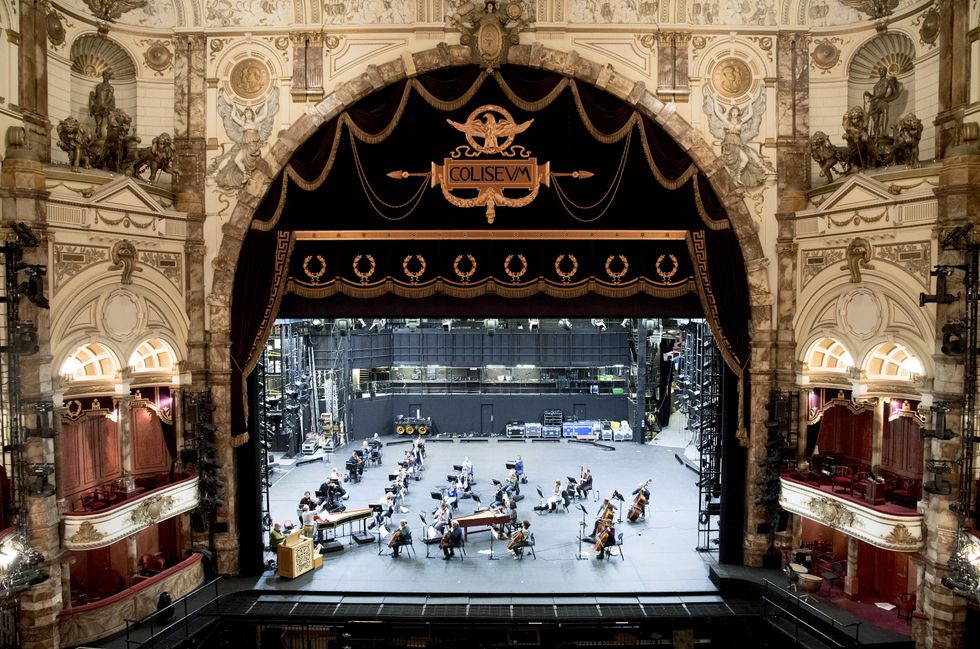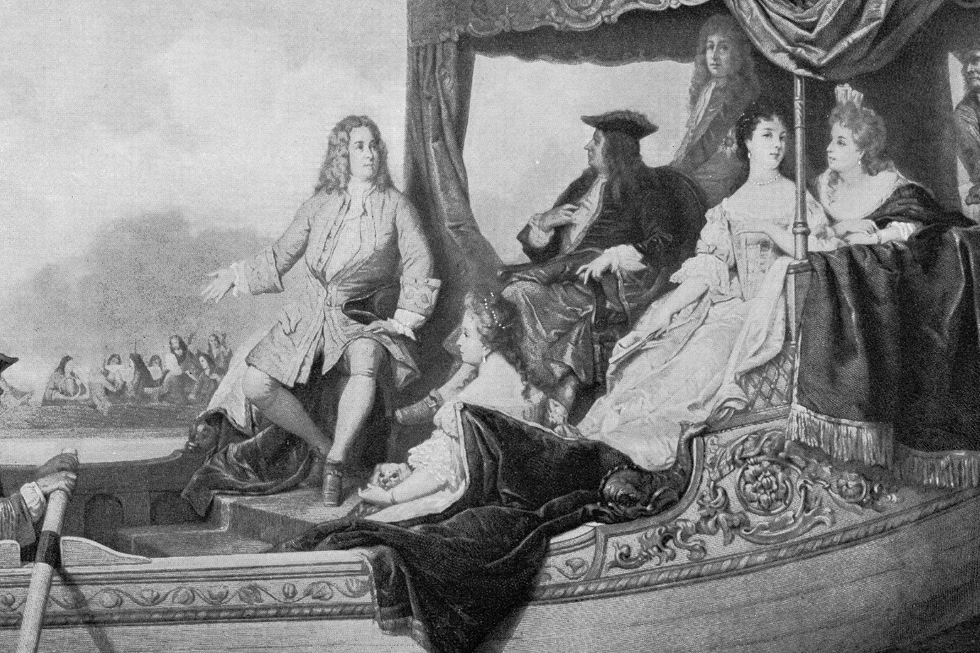Christians in uproar over ‘unacceptable’ drag queen ‘queer Messiah’ performance – ‘Insult to the faith!’
Christians are up in arms after it was announced that an “unacceptable” drag queen “queer Messiah” concert would go ahead this Christmas.
As part of the Foundling Museum’s series of LGBT+ events, a drag-revision of Handel’s Messiah has sought to reposition the story to “better resonate” with a modern-day audience.
Announcing the unique concert, the museum said: “We will be repositioning the Messiah story so that it may better resonate with a 21st-century queer audience, keeping intersectionality in mind so that whoever one is beyond their queerness feels represented.”
They have insisted that the performance is not “radical”, assuring the public that their show is “firmly anchored in the artistic traditions of the Baroque era” – as Handel often switched up his arrangements of the Messiah “to attract new audiences” or “to compensate for changing performance conditions”.

Although the organisation emphasised that Handel would always prioritise “the performance experience over an “accurate” rendition of the original score”, Christians have blasted the concert as “unacceptable nonsense” and an “abomination.”
Responding to the bold reimagination, Church of England clergyman Marcus Walker responded on social media, posting: “I don’t think I understand this at all.”
He added: “I would, however, note that if there is one thing gay people are quite famous for resonating with, it’s classical music.”
Evangelical organisation Christian Concern issued a sharper response, sharing: “This is an unacceptable insult to the Christian faith.”
LATEST DEVELOPMENTS:
- Tory MSP files complaint after ‘identify as a cat’ tweet recorded as non-binary hate
- Worker warns cancel culture leaves people ‘scared stiff’ after £12k pronoun row bill
- Scottish school sparks row over plan ‘to raise money for chest binders for trans pupils’
One user has claimed that Christianity is “constantly mocked and belittled”, while another wrote: “I’ve no interest in seeing such rubbish – but I don’t much believe in censorship, and think free speech is important.”
The Foundling Museum wrote: “For Handel, Messiah can be seen as a fluid document intended to be altered for different audiences.”
Scholar Jens Peter Larsen said: “The basic question is whether we can talk at all correctly of an ‘authentic’ form of Messiah, understood in our later sense as a final version which as a whole and in details presents the composer’s ultimate view of the form in which he wished to hand down his work to posterity.
“Strictly speaking, there is no such version.”

Handel’s Messiah was originally composed in 1741, first performed in Dublin and, over time, became one of the most famous pieces of choral music across the Western world.
The first part of the oratorio is dedicated to the prophets and the annunciation of Jesus’ birth to the shepherds.
The subsequent parts then cover the Passion of Jesus and St Paul’s subsequent teachings on Christ’s resurrection and glorification of God.
Before it became a museum, the Foundling Hospital looked after over 25,000 sick children when Handel assigned the rights of Messiah to the organisation as an act of charity.

